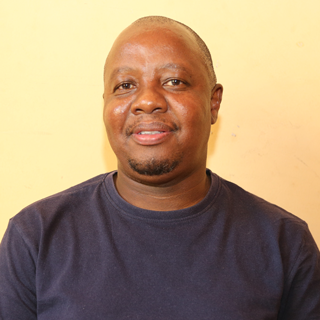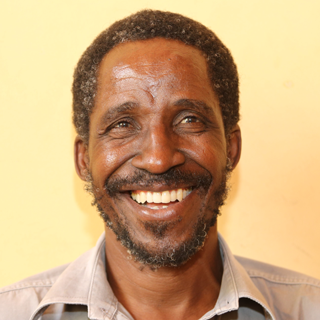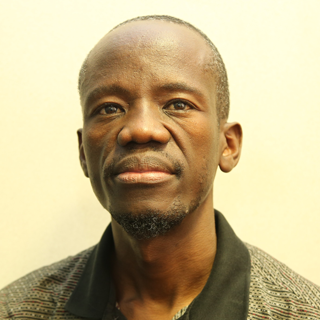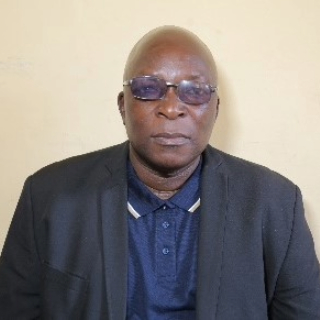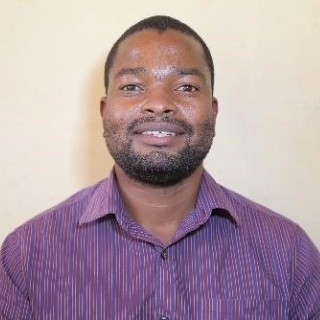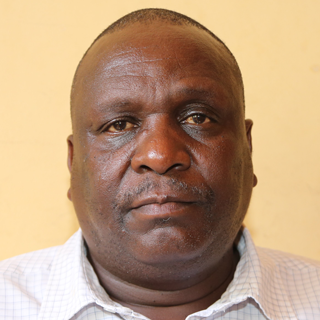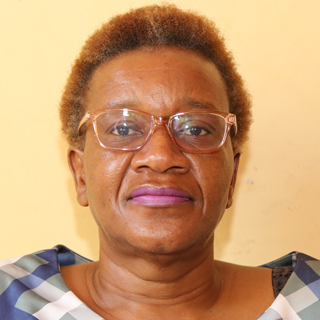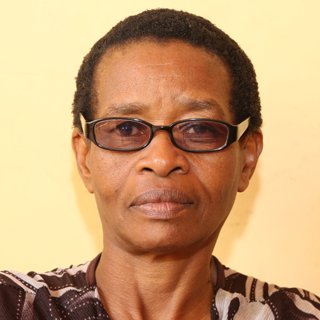THE INSTITUTE OF DEVELOPMENT SCIENCES
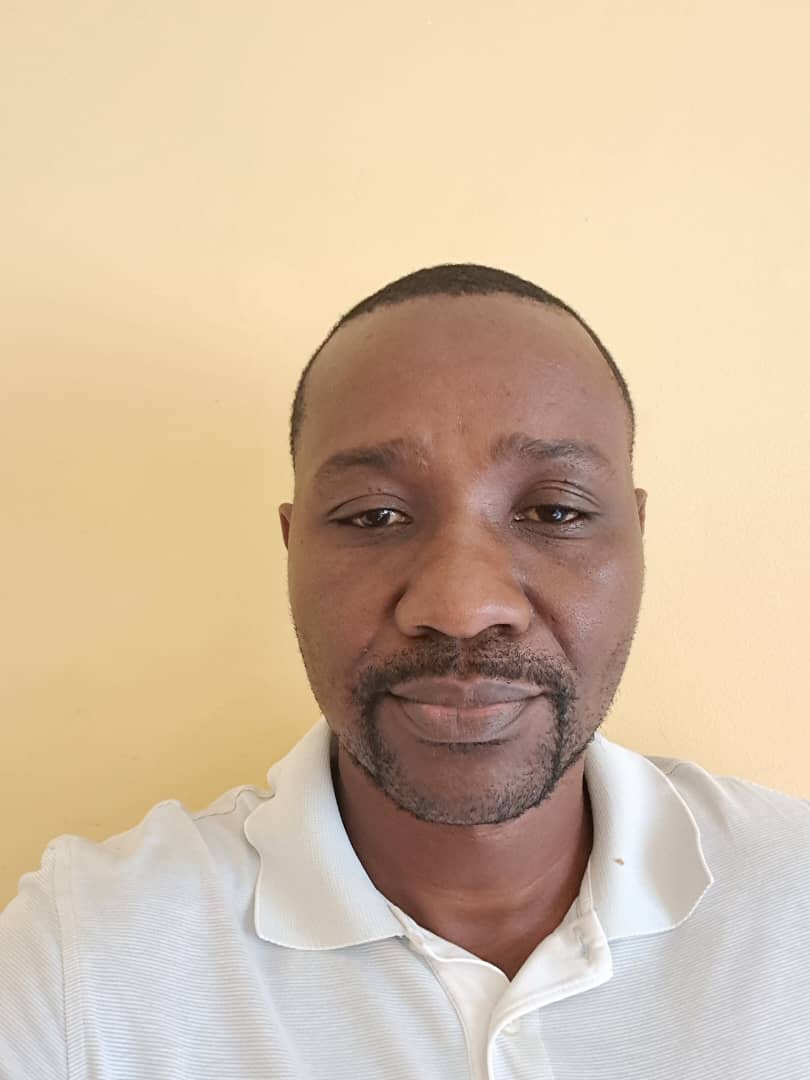
The Institute of Development Sciences (IDS) at the National University of Science and Technology (NUST) is a renowned centre of excellence in international development, policy, and technical advisory consultancy services. As a semi-autonomous research and learning unit within the Faculty of Business & Economic Sciences, IDS is recognised as a thought leader in the field, driving innovative, multidisciplinary approaches to address the pressing challenges of poverty, unemployment, and inequality. IDS's commitment to evidence-based policy research and impactful evaluations has earned it a reputation as an authoritative voice in the development arena. Its postgraduate programs, which leverage the multidisciplinary expertise of its staff, produce sought-after graduates who are well-equipped to excel in the job market. Collaborating with public institutions, communities, government agencies, and development partners, IDS provides transformative capacity-building initiatives and technical advisory services. Through its work, the institute champions enhanced governance, climate resilience, environmental sustainability, and gender equity, making it a catalyst for positive change on a global scale. With a relentless focus on innovation and interdisciplinary collaboration, IDS continues to shape the landscape of international development, cementing its position as a leading voice and trusted partner in the pursuit of sustainable progress.
To be the global authority on innovative, multidisciplinary development solutions that empower communities, drive poverty eradication, and catalyse sustainable, equitable progress worldwide through world-class research, impactful policy advisory, and transformative capacity building.
To be the preeminent hub for transformative postgraduate learning, pioneering research, and innovative development, policy advisory that challenges convention and generates ground-breaking solutions to empower communities and drive sustainable progress worldwide.
- Integrity
- Intellectual freedom
- Innovativeness
- Ethical research
- Continuous learning
- Multi-disciplinary world-view
- Excellence in service delivery
- Forged a fruitful partnership with the United Nations World Food Programme to spearhead community resilience building in rural and urban Zimbabwe.
- Coordinated the research grant under AUDA-NEPAD Southern African Network of Water Centres of Excellence, focusing on the impact of human activities on the Zambezi water basin.
- Established a Memorandum of Understanding with the Livestock Production Systems-Zimbabwe (LIPS-ZIM project), focusing on sustainable development in Beitbridge, Buhera, Chiredzi, Gwanda, Mutoko and Nkayi districts.
- Deployment of its capacitated staff to support the implementation of the Three-Pronged Approach in countries such as Afghanistan, Eswatini, Ethiopia, Kenya, Mozambique, Philippines and Sri Lanka.
- Produced two PhD Graduates and one MPhil scholar.
- Conducted impactful consultancies for local institutions and regional bodies such as the SADC, including the Development of a Sustainability Plan and Business Continuity Model for Southern Africa Development Community Humanitarian and Emergency Operation Centre (SHOC), and thestrengthening of the Disaster Risk Reduction Coordination Planning and Policy Advisory Capacity in the SADC region.
- Spearheading the establishment of the Southern Africa Resilience Livelihoods Universities Network funded by the World Food Programme under the Livelihood Asset Resilience Academy.
This is a two-year, part-time (block-release) Postgraduate degree programme. Applicants can apply for either Bulawayo or Harare Cohort, and therefore should specify on the application form.
Entry requirements
To be considered for admission a candidate must:
- Hold a Bachelor’s Degree in Development Studies or equivalent from a recognised university, or
- Hold a Bachelor’s degree from a recognised university, and a Postgraduate Diploma in Development Studies or equivalent.
- Relevant work experience in the field of development or equivalent will be an advantage.
This is a two-year, part-time (block-release) Postgraduate degree programme. Applicants can apply for either Bulawayo or Harare Cohort, and therefore should specify on the application form.
Entry requirements
To be considered for admission a candidate must:
- Hold a Bachelor’s Degree in Development Studies or equivalent from a recognised university, or
- Hold a Bachelor’s degree from a recognised university, and a Postgraduate Diploma in Development Studies or equivalent.
- Relevant work experience in the field of disaster risk and emergence management or equivalent will be an advantage.
Admission Requirements: To be admitted into one of these highly sought-after and competitive research-based Master of Philosophy programmes, an applicant should be in possession of the following:
Development Studies: An Honours degree in any Social Science discipline with an overall degree class of First or Upper Second Class from any recognized institution of higher learning.
Disaster Management: An Honours degree in Social Science disciplines such as Geography, Disaster Management, Rural and Urban Planning, Public Health etc with an overall degree class of First or Upper Second Class from any recognized institution of higher learning. A Candidate who holds a Bachelors degree in Natural Science with an overall degree class of First or Upper Second Class from any recognized institution of higher learning is also encouraged to apply.
Admission Requirements: To be admitted into one of these highly sought-after and competitive research-based doctoral programmes, an applicant should be in possession of the following:
Development Studies: A Masters's degree with a Merit or better in a Social Science discipline, preferably Development Studies, from any recognized institution of higher learning.
Disaster Management: A Masters's degree with a Merit or better in a Social or Natural Science discipline from any recognized institution of higher learning.
Departmental Staff
